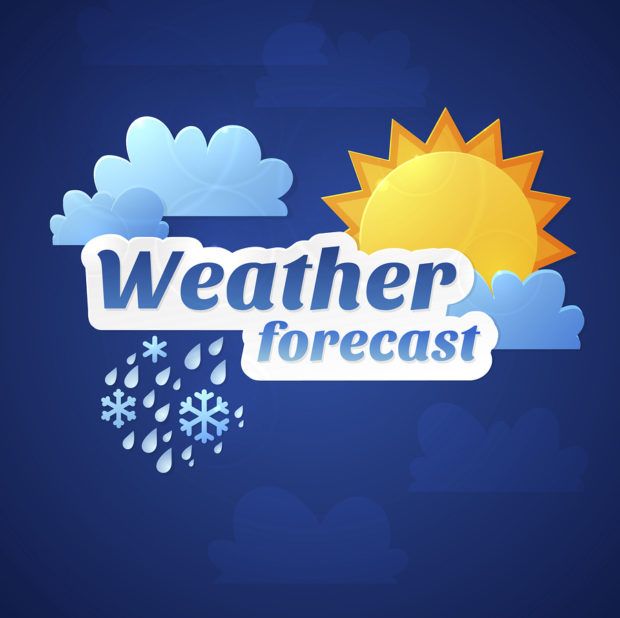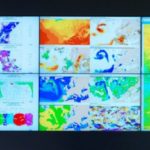The National Weather Service would have to boost research – including some from private companies – to improve forecasts and storm warnings under a bill headed to President Donald trump’s desk.
Lawmakers said the bill should save lives by giving residents more time to prepare for hurricanes, tornadoes and other deadly storms.
The bill would require the weather service and the National Oceanic and Atmospheric Administration to advance research on high-tech forecasts and computer models, with an emphasis on accuracy and longer warning times for major weather events.
“Americans along the East Coast have unfortunately seen first-hand how devastating hurricanes can be,” said Sen. Marco Rubio, R-Fla., one of the bill’s co-sponsors. “Providing more accurate tracking and intensity forecasts will allow people to better prepare for the safety of their families, homes and businesses.”
Rep. Frank Lucas, R-Okla., focused on twisters that have ravaged his state and others in the aptly named Tornado Alley.
“The loss of life from deadly tornadoes is a stark reminder we can do better,” Lucas said. A longer lead time to prepare for a tornado can mean the difference between life and death, he and other lawmakers said.
The House approved the bill by voice vote last Tuesday, six days after the Senate backed the measure. The bill now goes to President Donald Trump.
The Trump administration has proposed cutting NOAA’s funding by 16 percent, but maintaining National Weather Service forecasting capabilities by investing more than $1 billion.
The budget proposal would eliminate funding for a variety of NOAA programs, including external research, coastal management and “coastal resilience,” which seeks to help coastal areas withstand major storms and rising seas.
“Now is not the time to cut ocean science, when we need it most,” said Sen. Maria Cantwell, D-Wash.
The 97-page bill focuses on a range of weather forecasting, from hurricanes to tsunamis and long-range forecasts used by farmers and utilities. One section would authorize “technology transfers” between the weather service and private sector weather companies and universities to improve forecasting data.
“With more and better options, we can finally make needed improvements to our weather forecasting capabilities,” said Rep. Lamar Smith, R-Texas, chairman of the House Science Committee.
“We cannot stop a tsunami or a hurricane, but better forecasts and better warnings will save lives and livelihoods,” said Sen. Brian Schatz, D-Hawaii.





















 AI Got Beat by Traditional Models in Forecasting NYC’s Blizzard
AI Got Beat by Traditional Models in Forecasting NYC’s Blizzard  Machine Learning for Mutuals: What’s Working, What’s Not, and What’s Next
Machine Learning for Mutuals: What’s Working, What’s Not, and What’s Next  Telematics and Trust: How Usage-Based Insurance Is Transforming Auto Coverage
Telematics and Trust: How Usage-Based Insurance Is Transforming Auto Coverage  High Court Ruling on Trump Tariffs to ‘Ease Uncertainty,’ Says AM Best
High Court Ruling on Trump Tariffs to ‘Ease Uncertainty,’ Says AM Best 











